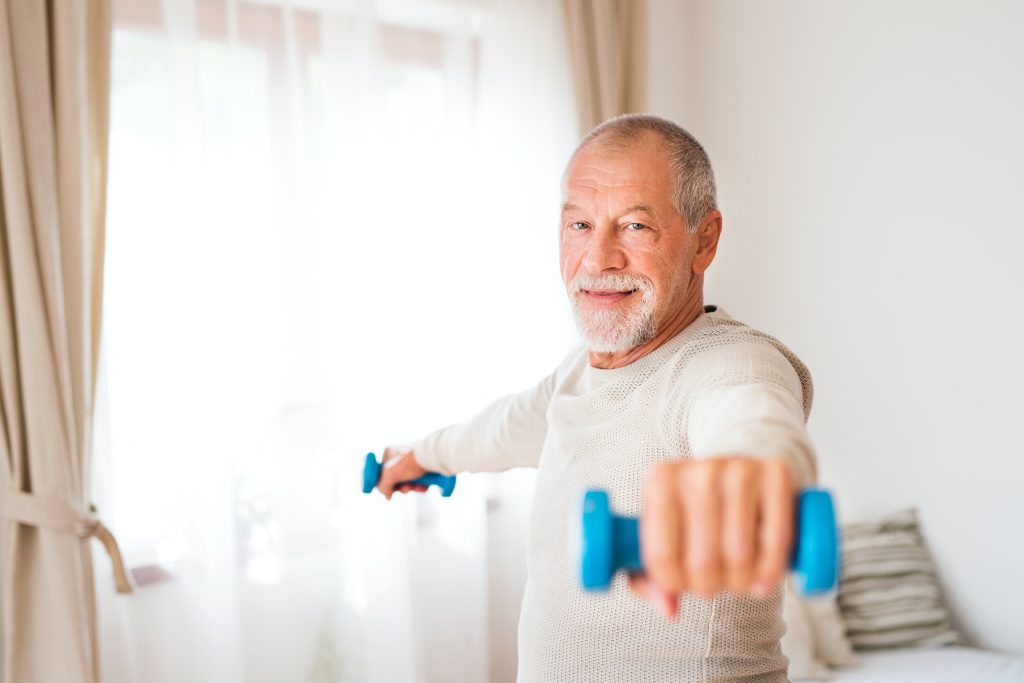Practical Ways to Look After Yourself as You Get Older

Collaborative Post
Ageing is a privilege, but we need to know how to take care of ourselves as we get older.
To do this, we must understand the changes that can happen to our bodies as we move through the years. Some of the most significant physical changes can include grey hair, deteriorating eyesight, wrinkles, and a change in strength and flexibility. There are also common illnesses that impact older people.
While the extent of the common signs of ageing depends on factors such as your lifestyle and genetics, there are ways to look after yourself as you age. Here are some of them.
Review your diet
It’s important to eat healthily at every age, but especially as you get older. This is because essential vitamins and minerals can be hugely beneficial. Calcium, for example, helps to keep bones strong and prevents the onset of osteoporosis – one of the most common illnesses that affect people as they get older.
Taking the time to prepare balanced meals as early as your 20s puts you in a good position for when you get older.
Look after your mind
Back in 2018, research showed that ‘brain training’ games aren’t likely to prevent age-related mental decline. However, while doing Sudoku every day isn’t likely to be the only thing that keeps the onset of dementia at bay, keeping the brain busy by picking up these types of exercises is good exercise.
When the research was first released, James Pickett, who was head of research at the Alzheimer’s Society at the time, said: “Although playing ‘brain games’ such as Sudoku may not prevent dementia, it has been shown that regularly challenging yourself mentally seems to build up the brain’s ability to cope with the disease.”
So, doing crosswords and other things to keep your brain active can be helpful.
Care for your body
Exercise is one of the key ways to look after your body as you age. While some activities may need to be adapted as you get older to align with your stamina, by keeping active you can ensure that you’re looking after yourself.
As well as exercise, looking after your hearing and sight is essential. Go to regular eyesight and hearing tests and make sure that you have the right prescription if you wear glasses so that you don’t strain your eyes.
Looking after your teeth is also important. Good oral hygiene means that you’re less likely to need major dental work as you get older. Getting into the habit of thoroughly cleaning and flossing early is a great way to care for your mouth well before you reach old age. Using an electric toothbrush and water flosser every day can thoroughly clean your teeth.
Keep social
Keeping up with friends and family means that you’re less likely to feel lonely. Loneliness can potentially cause anxiety or depression, especially in older people. Therefore, booking in catch-ups with friends, doing some hobbies you love, and getting outside with loved ones can all help.

